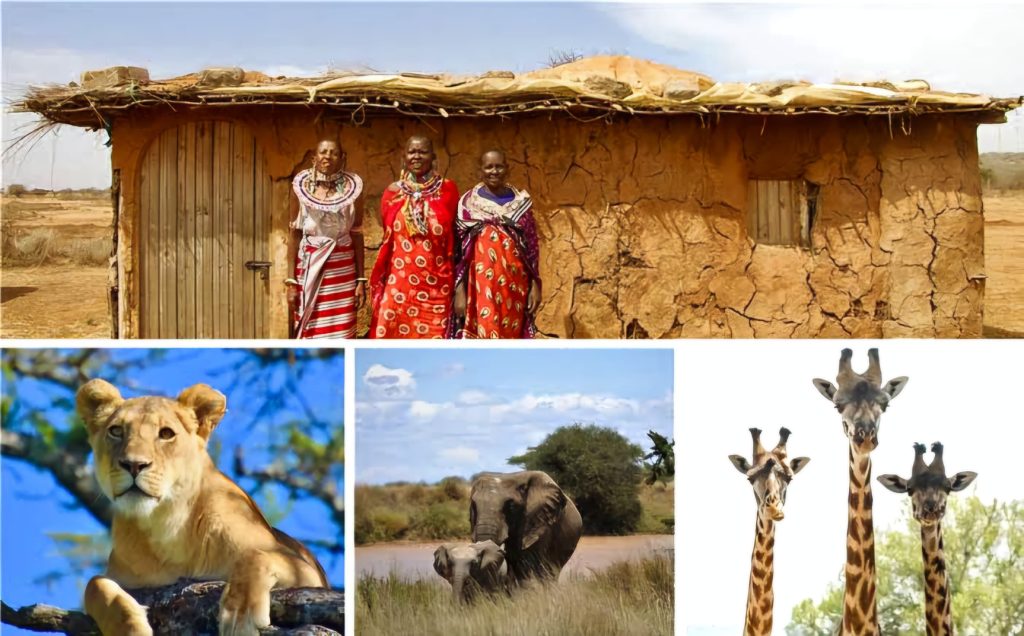In the next two months, global attention will turn to two major international conferences that will gather every United Nations member to address critical climate-related challenges, with a particular emphasis on Africa’s unique position.
The first of these is the UN Biodiversity Conference, scheduled to begin next month in Cali, Colombia. At the heart of this event is the Kunming-Montreal Global Biodiversity Framework, a pivotal plan that charts the course toward achieving a global vision where humanity lives in harmony with nature by 2050.
One of the central discussions will focus on the implementation of the framework’s commitments, specifically the 30×30 initiative. This ambitious global target aims to protect 30% of the planet’s land, oceans, and freshwater ecosystems by 2030. However, as the deadline approaches, progress has been minimal, with only one country in Africa, Uganda, having revised and updated its National Biodiversity Strategy and Action Plan. With just six years left to achieve this goal, Africa’s collective progress remains significantly lacking.
Following the biodiversity conference, the UN Climate Change Conference (COP 27) will take place in November in Azerbaijan, bringing together the global community once again to tackle climate issues. Africa has historically participated in such conferences, but the tangible outcomes have been limited.
Although Africa contributes a relatively small share to global greenhouse gas emissions, it faces the most severe consequences of climate change. Furthermore, the continent’s rich biodiversity, which holds immense economic potential, is under increasing threat. Despite its vulnerabilities, past climate negotiations have not led to significant progress for Africa.
A notable success from previous discussions was the establishment of a loss and damage fund, where developed nations were called upon to contribute funds to help developing countries, including those in Africa, address climate mitigation and adaptation efforts. However, as Kaddu Sebunya, the CEO of the African Wildlife Foundation, emphasized in an exclusive interview, Africa’s role in these negotiations has often been one of seeking compensation from wealthier nations.
Sebunya stressed that Africa can no longer afford to be seen as begging the developed world for support. Instead, the narrative needs to shift to Africa playing a leading role in addressing global environmental challenges by leveraging its vast natural resources. This shift means assigning tangible value to the continent’s natural wealth.
Central to this approach is the adoption of natural capital accounting, which has gained recognition as a critical tool in assessing the full economic value of a country’s natural assets. By accurately valuing its resources, Africa can better position itself to lead global environmental efforts, while simultaneously ensuring sustainable economic development.

